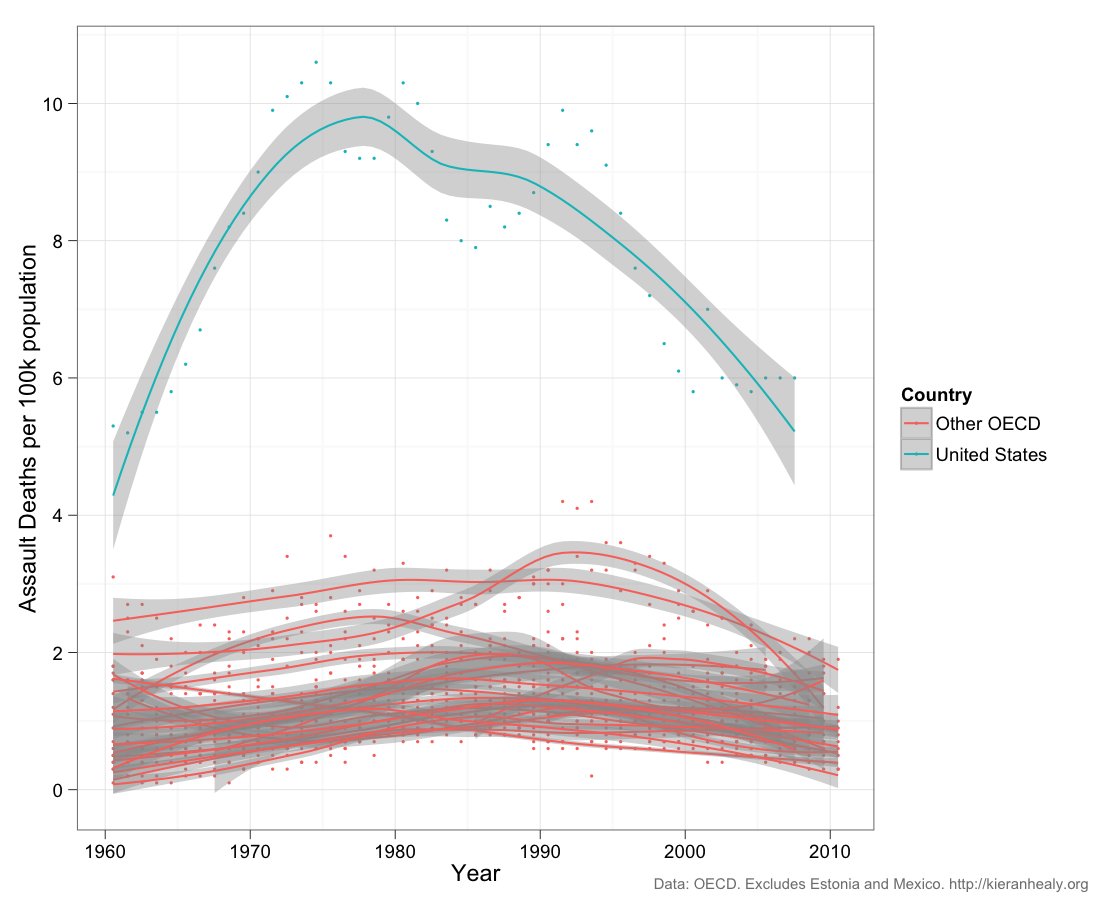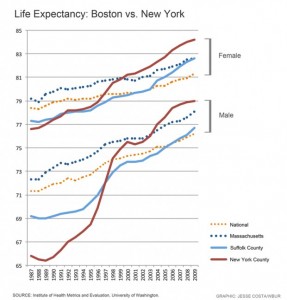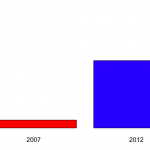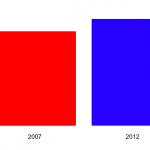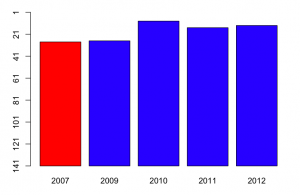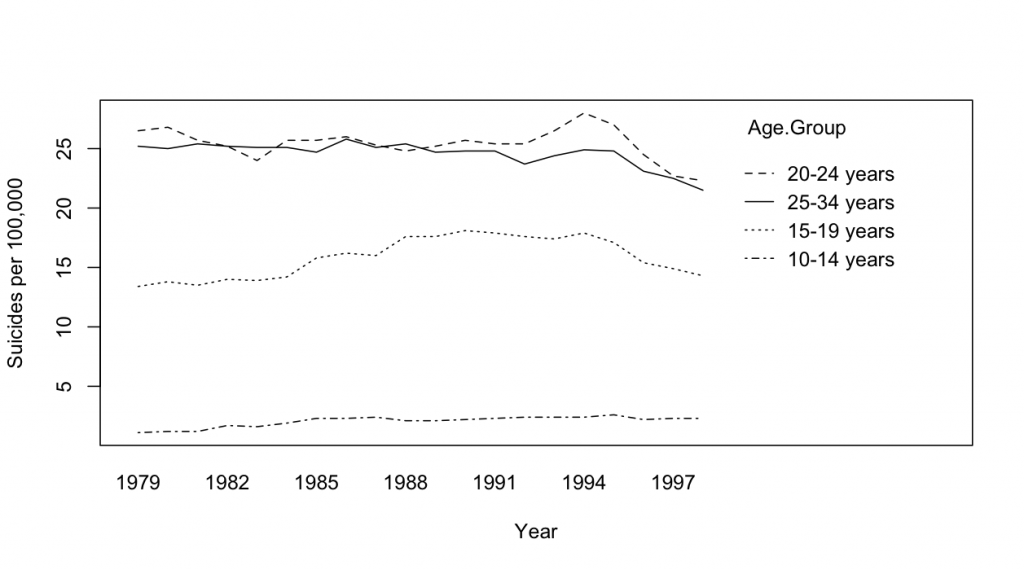One of the most important meals of the day
Stuff is reporting “Food and learning connection shot down”,based on a local study
Researchers at Auckland University’s School of Population Health studied 423 children at decile one to four schools in Auckland, Waikato and Wellington for the 2010 school year.
They were given a free daily breakfast – Weet-Bix, bread with honey, jam or Marmite, and Milo – by either the Red Cross or a private sector provider.
My first reaction on reading this was: why didn’t they take this opportunity to do a randomised trial, so we could actually get reliable data. So I went to the Cochrane Library to see what randomised trials had been done in the past. These have mostly been in developing countries and have found improvements in growth, but smaller differences in school performance.
Then I tried asking the Google, and its second link was a paper by Dr Ni Mhurchu, the researcher mentioned in the story, detailing the plans for a randomised trial of school breakfasts in Auckland. At that point it was easy to find the results, and see that in fact Stuff is talking about a randomized trial. They just didn’t think it was important enough to mention that detail.
To the extent that one can trust the Stuff story at this point, there seem to be three reactions:
- I don’t believe it because my opinions are more reliable than this research
- Lunch would work even if breakfast didn’t
- We should be making sure kids have breakfast even if it doesn’t improve school performance.
The latter two responses are perfectly reasonable positions to take (though they’re more convincing where they were taken before the results came out). School lunches might be more effective than breakfasts, and the US (hardly a hotbed of socialism) has had a huge school nutrition program for 60 years.
Still, if we’re going to supply subsidised meals to school kids, we do need to know why we’re doing it and what we expect to gain. This study is one of the first to go beyond just saying that the benefits are obvious.
